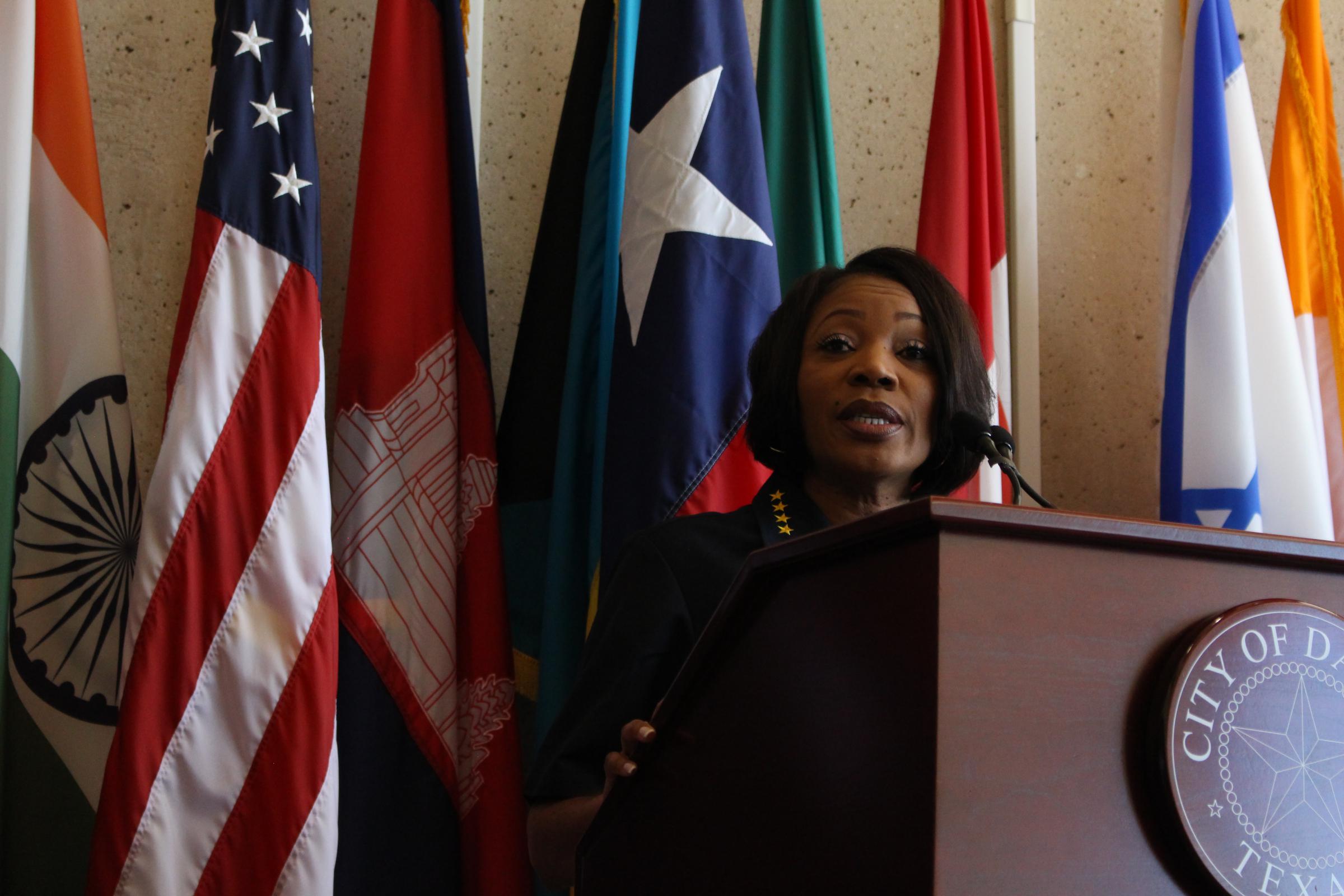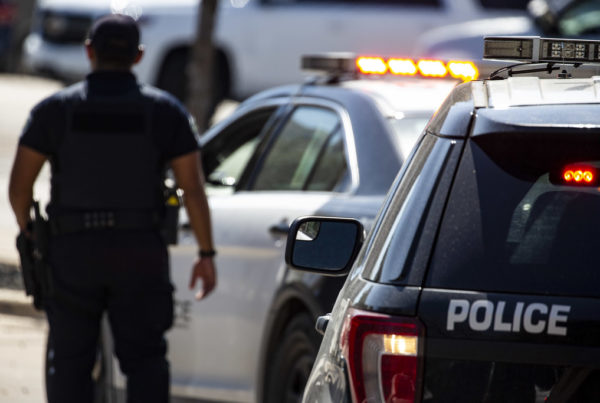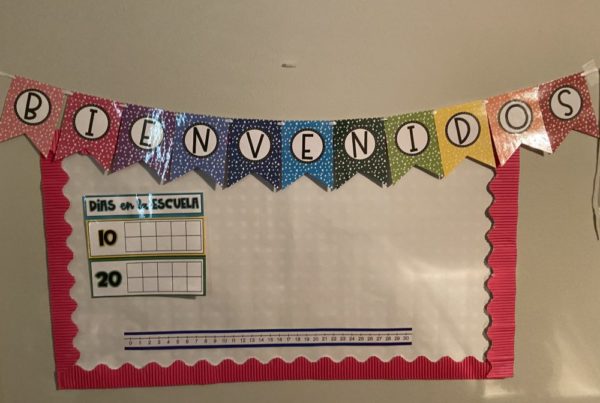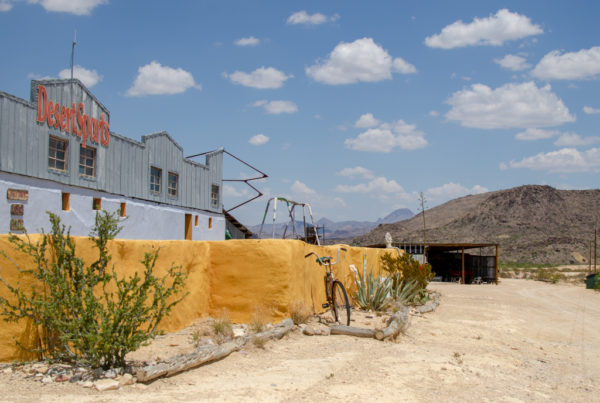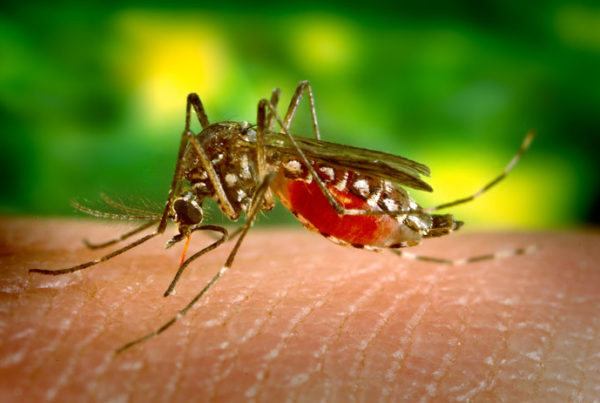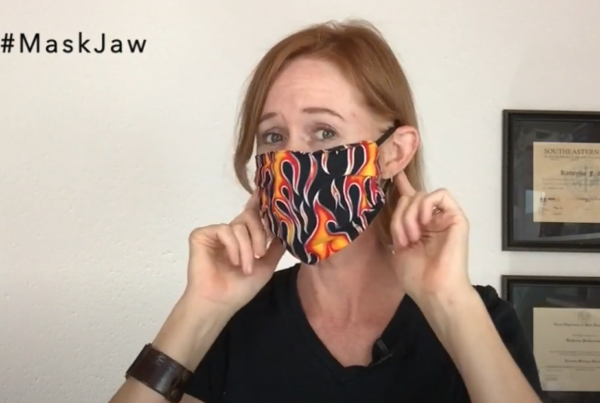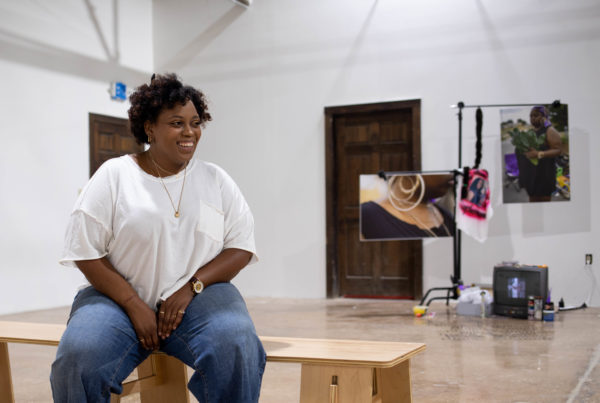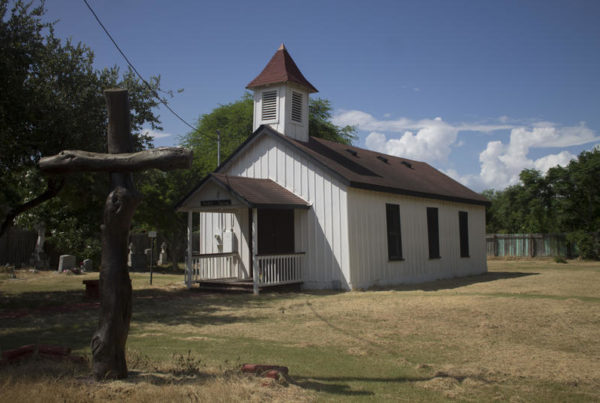Note: On Tuesday afternoon, after this following story appeared on Texas Standard, Dallas Police Chief Reneé Hall sent a letter to city leaders resigning effective Nov. 10. Hall has come under fire in recent months for the way the police department handled this summer’s protests against police brutality. Read more on Hall’s resignation here.
From KERA:
Kawana Scott, 27, was pulled over for expired car registration in 2018.
“I was searched. I cooperated. And upon the pat down, which was done by a male officer, he felt on my breast and I freaked out,” Scott said.
Scott, who grew up in Dallas says she’s always felt police officers in the city targeted her for being Black. She remembers this particular incident when she was pulled over vividly. She was with her partner who is white and an officer asked her to get out of her car.
“I was handcuffed immediately,” Scott said.
This incident and a previous arrest have fueled Scott’s fear of the police.
“People should feel comforted by the presence of people that are supposed to protect them and they should not feel scared, because people are scared,” Scott said.
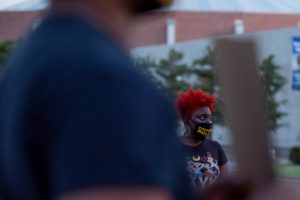
Kawana Scott stands outside Dallas City Hall in late August listening to concerns from community members about the upcoming city budget.
But when Reneé Hall was hired as chief of the Dallas Police Department in 2017, Scott felt a sense of hope seeing a Black woman in a position of power.
Hall was a landmark hire for the city. She’s the first Black woman to run the Dallas Police Department.
Hall came from Detroit, Michigan, where she served as deputy chief. She arrived in Dallas just after her predecessor David Brown led the department through the aftermath of the July 2016 shooting that left five officers dead at a downtown Dallas protest. At the time, the police department was dealing with a number of problems, including low morale within the department, slow response rate to calls, lack of staffing and a city urging for progressive reforms.
“Reneé Hall has done nothing but maintain the status quo,” Scott said. “You would think because herself … a person of color would make a difference, herself as a marginalized gender that would make a difference. But at the end of the day, the priority goes to law enforcement.”
In 2019, with hope from Hall’s appointment having dwindled, Scott joined Dallas Alliance Against Racism And Political Repression. She’s been one of many, recently, who’ve been critical of Chief Hall and her department’s handling of recent protests.
“Why did we not see the pictures of the people who were not even part of the protest but were innocent bystanders who lost their eye walking by from rubber bullets” Dallas City Council member Adam Bazaldua said.
Bazaldua, who represents District 7, is referencing the 85-page After-Action Report that Dallas Police Department (DPD) recently released detailing the police’s response to the first four days of protests in the city, May 29 to June 1, which followed George Floyd’s death while during an arrest by Minneapolis police. Chief Hall led the assessment, and it acknowledged how DPD struggled with operational plans, communication and keeping a unified command structure.
Bazaldua said the report is, “framing a defensive for litigation coming up.” He doesn’t think the report fully laid out the mistakes and is asking for more transparency.
At a meeting after the report was released, six council members, including Bazaldua, expressed their frustration with the way police handled the protests and were critical of the chief’s leadership during those days.
“I think that she has great intentions and is a great person but I believe that she puts too much importance in the political aspect of her job,” he said. “If we’re going to look toward progressive reform and aggressive change, it’s going to require a leader that is going to go against the fray, stand up when others aren’t willing to. I don’t know what it’s going to take to start to see that here in Dallas.”
Dallas City Council members do not have the power to fire the chief of police. That personnel decision can only be made by City Manager T.C. Broadnax, who expressed his support for the chief in an interview with KERA in June.
“These are tremendously difficult times. Not just for Chief Hall, I think for the entirety of the police department,” Broadnax said. “I think these times require us to think differently and to do better. And I know the Chief has committed to that. I’m committed with her to find ways to ensure DPD can do better related to how we police.”
The city council and city manager are currently hammering out a budget for the next fiscal year. Wednesday they took a swing at their first attempt to set spending levels.
The Dallas social justice group Our City Our Future (OCOF) is one of many activist groups asking for police defunding. OCOF has made a list of budget demands and is calling for a major cut to DPD’s budget — $200 million. They would like this money to be redirected toward more social services.
Since activists call for defunding and reforms and the conversation around the police budget is coming after protests against police brutality, police officers are feeling immense pressure, Terrance Hopkins, president of the Black Police Association of Dallas said.
“If I’m up here looking at the newspaper every day and it speaks negatively of the Dallas Police Department, who’s controlling my morale now?” Hopkins said.
He feels criticism from city council members that zeros-in on the chief is unfair and thinks the city should focus on helping officers on the ground.
“Police work is done from the bottom up, not the top down. Boots on the ground get up and do this job every single day. What do they need? How can we make their jobs better?” Hopkins said.
According to the police department, Chief Hall was not available for an interview, but they issued the following statement:
In response to the first four days of protest, May 29 – June 1, an After Action Report was completed and shared with the members of the city council and the public. The After Action Report is transparent, acknowledging what we did right and those things that we could have done differently.
Chief Hall did speak to KERA in 2017, right before she moved to Dallas to take over as chief.
“I think what we have to do and what I have seen that works, is that law enforcement has to be the mediator,” Hall said then. “We have to be the lead in bringing the right people to address those concerns.
Which is something community activists like Sara Mokuria don’t think Hall’s done.
“If that does not reemphasize the need to deprioritize and defund the police and fund the community I don’t know what will,” Mokuria said.
Mokuria, co-founder of Mothers Against Police Brutality, supports police defunding and says she’s lost faith in the department. She’s been advocating for more transparency and accountability. And although she’s been critical of the department and the chief, Mokuria said it’s not fair to lay all the blame on one person.
“You can focus on the individual, the chief, and fire the chief and not change the system and the structure. But the issue is the system and the structure, not just the individual police chief,” Mokuria said.
Throwing money at the police department has failed to keep Dallas neighborhoods safe, Mokuria said. She hopes the city invests police dollars into community support programs instead, and Dallas has the “courage” to make structural changes to the police force.


